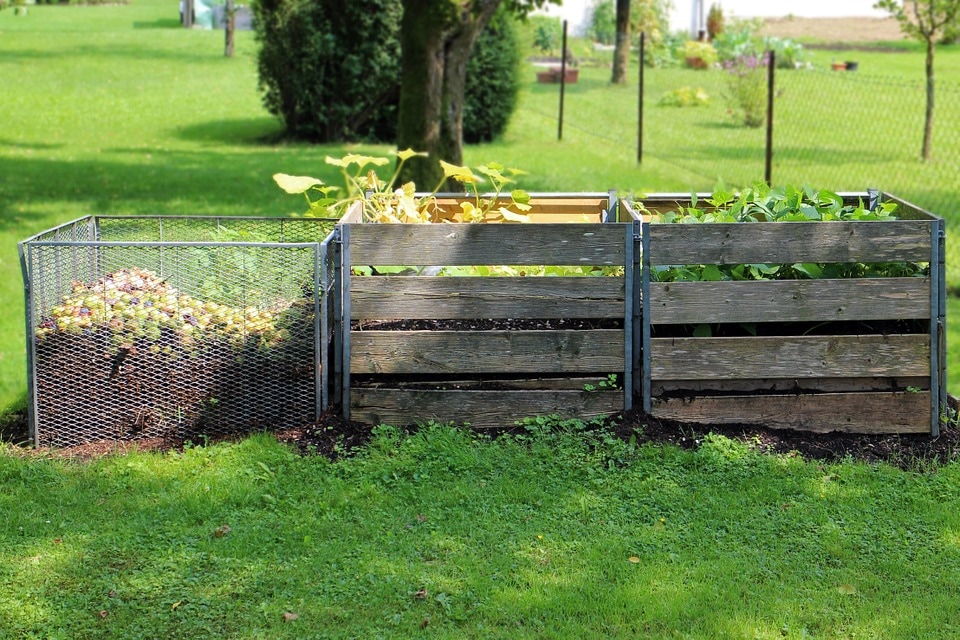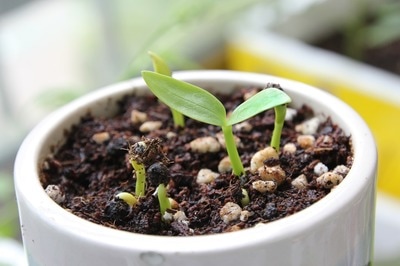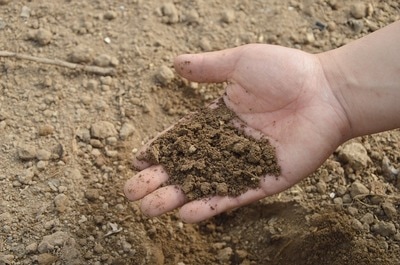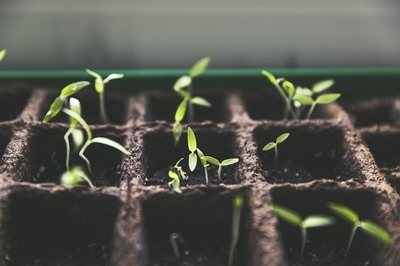|
Cooking fresh meals at home usually yields some amount of waste: from egg shells and vegetable peels to cardboard containers and more. Think twice about tossing that waste in the trash -- what we do with our biodegradable waste matters. Biodegradable material that gets tossed in the trash will inevitably rot, and the nutrients that are produced when organic material breaks down go to waste sitting in a landfill. The decomposition process in landfills also creates large amounts of methane, an environmentally unfriendly greenhouse gas. Composting, on the other hand, is meant to produce carbon dioxide and water instead of harmful methane. Composting is also just as good for your home garden as it is for the environment! If you’ve had trouble growing certain fruits and veggies in the dry Phoenix heat, there may be a problem with your garden’s soil structure. Healthy soil is light, airy, and allows for nutrients and water to move freely. It’s difficult for your plants’ fragile roots to grow through coarse soil, and they won’t get all the nutrients they need to thrive. Soil also retains moisture better when it’s healthy, meaning you don’t need to use as much water in your garden. Compost adds nutrients to your gardening soil which ultimately makes for yummier and more nutritious meals! Here’s what you need to know to get started:
1. Composting can fit any lifestyle. You can choose to go the backyard heap route, but living in an apartment or other enclosed space necessitates composting in a bin. Here’s a handy guide to the different types of bins and containers you can use depending on garden size, space, and budget. 2. Grass clippings add nitrogen to a compost bin or pile, which is necessary alongside “brown” materials that add carbon (e.g., leaves, straw, and hay). Be sure to steer clear of weeds or plants treated with pesticides. The City of Phoenix also hosts a mulching program exclusively for wood, green organics, and yard waste. 3. Fats, pet waste, bones, and other animal products will attract pests to your compost pile and can even spread disease. Go here for an extensive list of what’s compostable and what isn’t. 4. It’s important to keep your compost aerated. Whether in a bin or pile, turn or tumble your compost whenever you add new material. 5. The compost material needs to be moist to keep the decomposition process active, but an overly wet and soggy compost will begin to stink. Adding fruit and veggie peels will usually give your compost the amount of moisture it needs, but in the dry, arid Phoenix climate, you may need to spray your pile with water about once a week. An easy rule-of-thumb to remember is that your compost material should feel as moist as a wrung-out sponge. 6. Variety is key! Having too much of one thing in your compost bin will throw off the balance of the pile. Try to keep a good mix of green and brown material in your bin or pile for the best, most nutrient-rich soil. Get started today, and spread the word about how composting can make for cleaner skies and better home-grown food. Do you have your own composting tips? Share them in the comments below!
0 Comments
Leave a Reply. |
Pinnacle Prevention BlogFollow our blog for tips, insights and conversations about healthy living. Archives
June 2024
Categories
All
|
Location |
|





